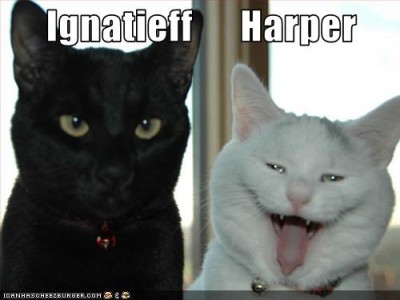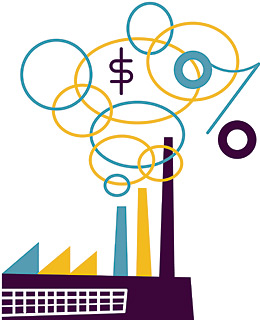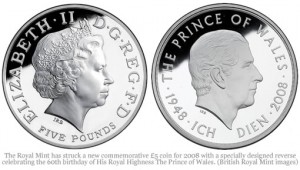This news out of the UK this week seems familiar for Canadian observers: “Labour could be ruined by proposed cap on political donations.” Limits on political party donations are being looked at in Britain at the moment and Labour would suffer the most if a cap were to be brought in to the system:
Labour could face financial ruin under plans being developed to cap the biggest donations to political parties, a Guardian analysis shows.
The independent standards watchdog is said to have agreed to recommend a new limit on donations, introducing an annual cap with figures ranging from £50,000 to £10,000 being considered. Such a move, in an attempt to clean up political funding, would end the six- and seven-figure donations to the Labour party from its union sponsors, as well as the Tories’ reliance on the richest city financiers.
An analysis of five and a half years’ worth of donations to the parties reveals the move would most dramatically affect Labour’s funding base. If the £50,000 limit had been in place over the period, Labour’s donations would have been reduced by 72%, the Conservatives’ by 37% and the Liberal Democrats’ by 25%.
A source close to the Committee on Standards in Public Life, which has been reviewing the party funding system and is due to report in October, said it was trying to find a way to impose a cap without bankrupting any one party.
Now that’s good of them to try to avoid “bankrupting” any one party! The Brits are so civilized. No such considerations in play in Canada where our Conservatives have begun to dismantle our public subsidies of political parties and which could have grave financial consequences for the other parties.
There is a minority government situation in place in the UK though and the Lib Dems are saying no dice to such a change that would bring severe consequences for one party:
A Liberal Democrat spokesman insisted that the coalition would not impose a deal on the parties. “The history of party funding reform is littered with corpses. You have to do it in consultation with the other parties,” the spokesman said.
Yes, ideally. It detracts from the self-interested partisan taint of going it alone, particularly when certain parties’ interests are placed above others.
A publicly funded system is being considered as well although with Britain’s hyped up austerity mood, it’s not clear that a public system could be sold or that the Tories would want any part in selling it. The argument could well be made, however, that at such times it’s even more imperative to have a system free from moneyed influences.
Something to watch, to see what they come up with for comparison’s sake and for possible future reform in Canada in particular (the Harper Conservatives won’t be in government forever). Presumably it will not proceed with the result being forecast, with Labour taking the brunt of the reform’s fallout given the Lib Dem pledge. But we do know that irrespective of how integral many of us view viable political parties to our democratic health, that sentiment doesn’t necessarily prevail when matched up against partisan opportunism.



